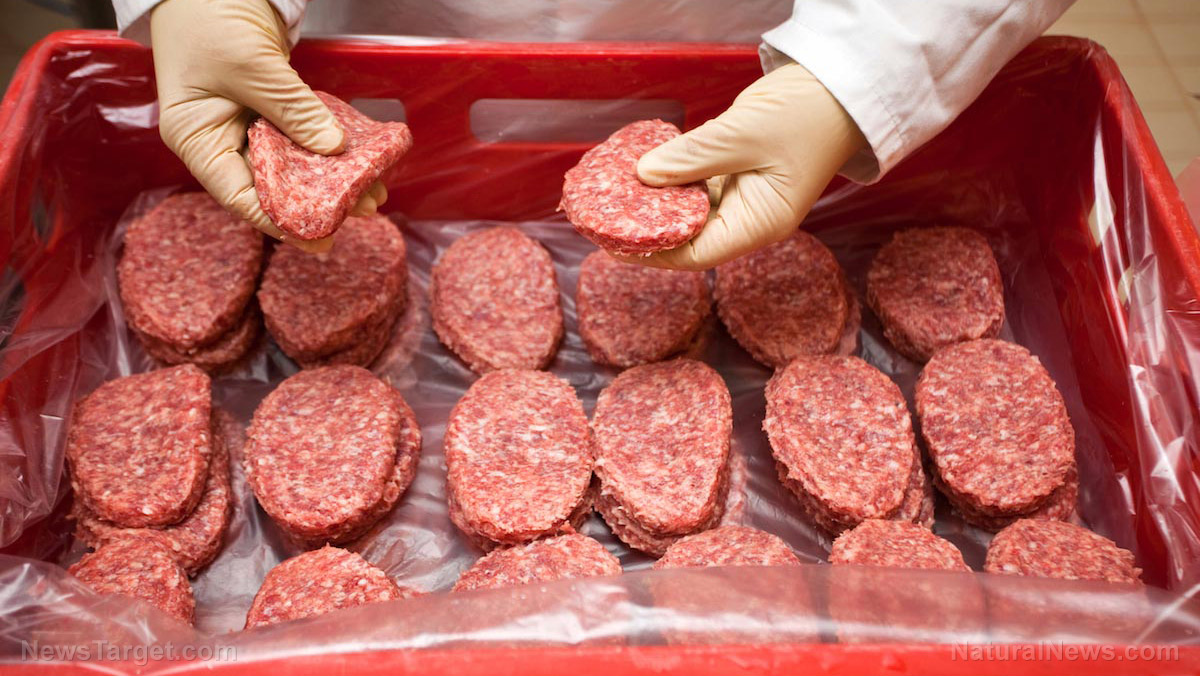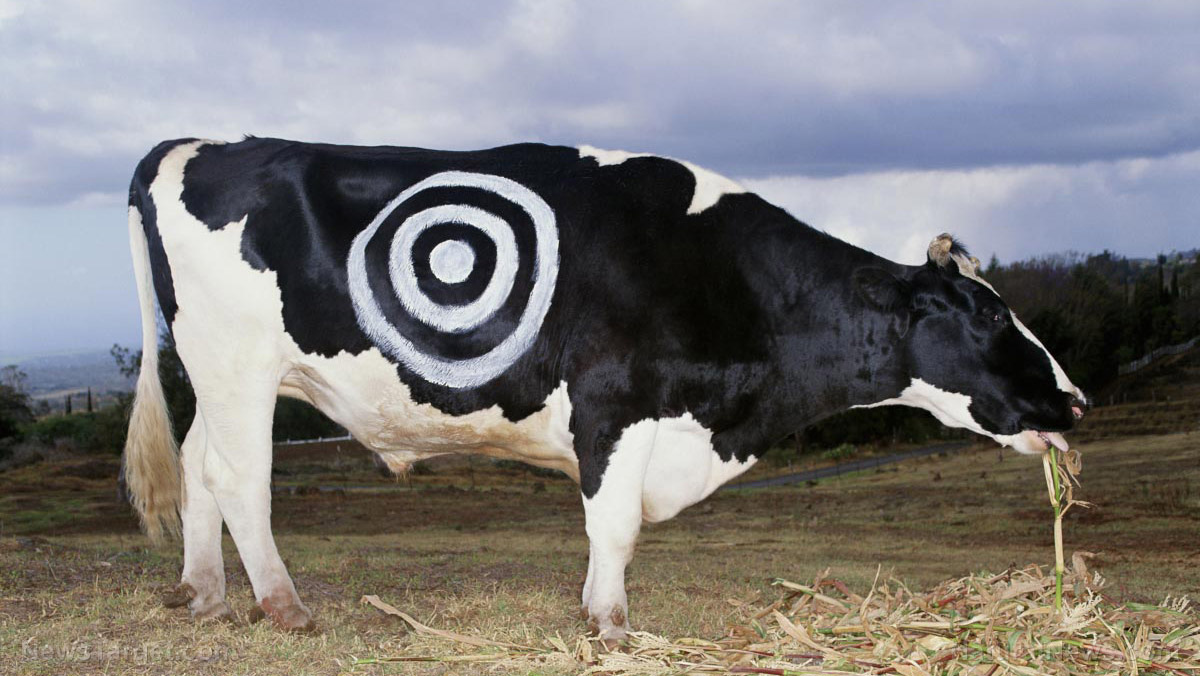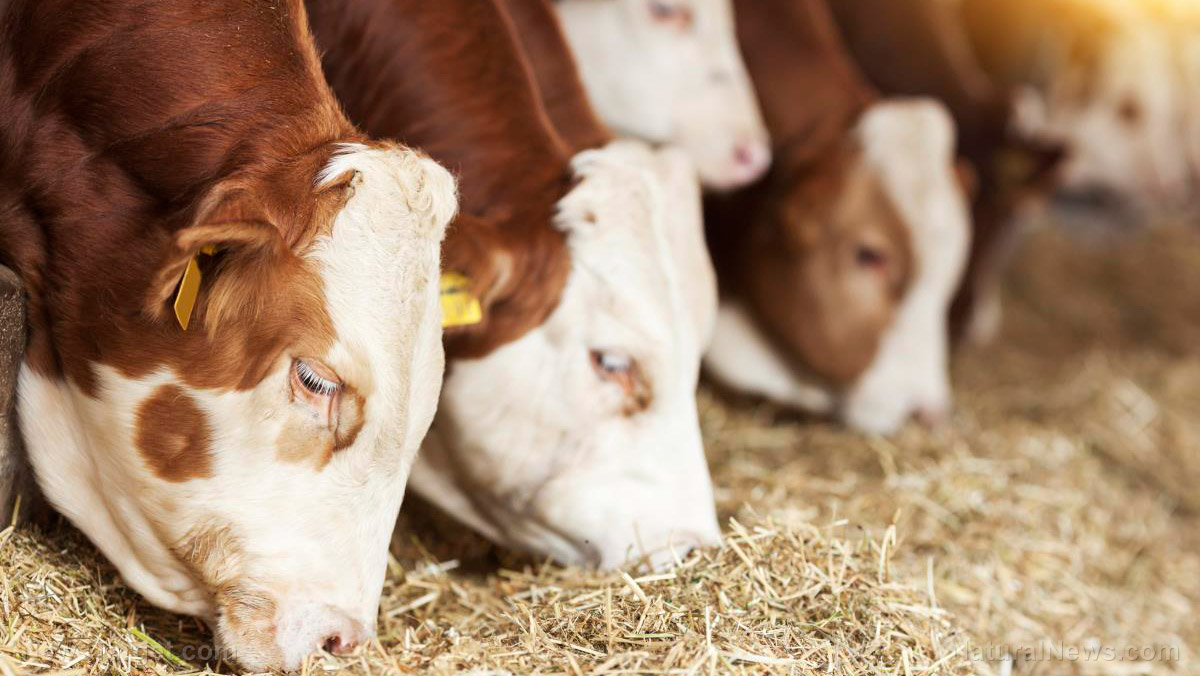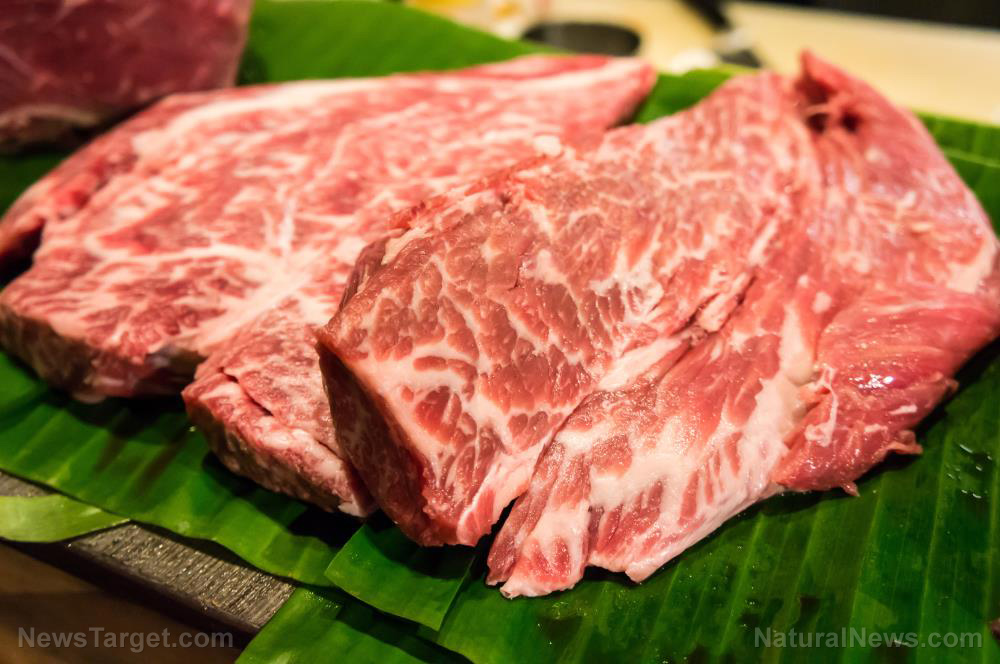
Scientists in Iceland are planting hundreds of thousands of genetically engineered barley plants to create lab-grown meat.
This project is being led by Icelandic company ORF Genetics, which has already planted over 100,000 genetically engineered barley plants in a 2,000-square-meter greenhouse.
The company claims this "cutting-edge approach" to providing people with meat proteins from genetically modified barley can lower food prices, eliminate people's reliance on live animals in the lab-grown meat industry and speed up the scaling-up process in the industry. (Related: Real meat for me, but not for thee: Globalists pushing lab-grown meat for the masses.)
The proponents of these engineered barley plants also point out how the meat industry accounts for nearly 60 percent of greenhouse gas emissions from food production, which suggests that growing meat proteins necessary for lab-grown meat from barley plants would help the environment.
ORF Genetics stands to make billions by providing the lab-grown meat industry with growth factor proteins
The genetically modified barley plants are grown using high-tech hydroponic cultivation methods. Once they are harvested, the barley plants are purified and the growth factor proteins are extracted.
These proteins are essential for the creation of lab-grown meat, as they stimulate the growth of tissues, muscles and fat cells in laboratory settings.
Currently, lab-grown meat producers rely on growth factor proteins extracted from live animals. If ORF Genetics can convince artificial meat companies that it can provide them with enough growth factor proteins without using live animals, it stands to profit immensely, especially given that there seems to be no other company in the industry that can provide this service.
"We are confident that ORF Genetics has the perfect production platform to drastically reduce the cost of growth factors in your cell-cultured meat production and to provide the quantity of growth factors required," said Liv Bergþorsdottir, the CEO of ORF Genetics.
It is unclear whether or not the Icelandic scientists at ORF Genetics have properly studied its genetically modified barley to make sure it does not cause any negative health effects in people who eat the artificial meat grown from its extracted growth factor proteins.
The only assurance ORF Genetics has given is that barley has a closed biological system, which means its pollen will not pollinate other plants and therefore its planting will not affect the growth of other crops. But even if this were true and the engineered barley does not affect the environment, that still does not provide people with enough information regarding its health effects upon consumption.
"At what point can we start to admit that that's not food anymore?" asked Holly Seeliger of "Zoon Politikon," referring to genetically modified foods like the engineered barley strains made by ORF Genetics. "Pretty much everything is tainted at this point. It's really sad to see how everything has been tainted… I guess we're all just a big global experiment to see how this will play out."
Read more stories about genetically engineered foods at GMO.news.
Watch this episode of "Zoon Politikon" as host Holly Seeliger goes into detail about the revelation that meat proteins are being inserted into genetically modified barley strains.
This video is from the Zoon Politikon channel on Brighteon.com.
More related stories:
GMO HAMBURGERS? FDA approves genetically engineered cows for beef production.
Don't be fooled: GMO foods will now be labeled "bioengineered" under new rule taking effect.
GMOs are harmful, should be avoided at all costs – study.
Sources include:
Please contact us for more information.




















